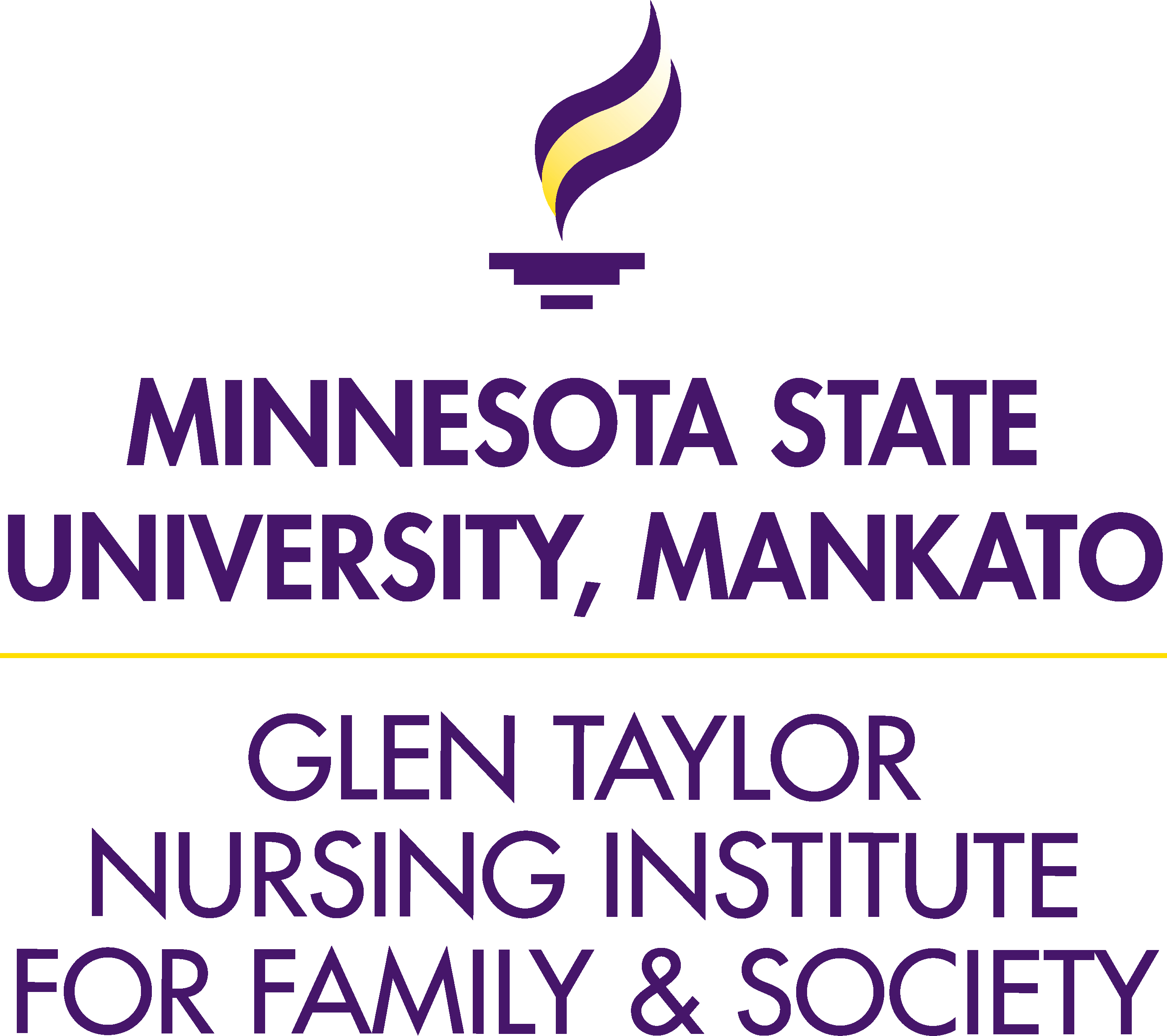The climate crisis is not going to be solved by personal sacrifice, but instead through effective political action (Emma Marris, 2020)
This truth is undeniable: the health of families ultimately depends on the health of the planet. Planetary health is a human rights and social justice issue. Negative effects of the natural environment disproportionately affect low-income communities, minority groups and families in poverty. The groups of people who are most vulnerable to the adverse effects of climate change include women, children, elders, and people with chronic conditions and disabilities (Levy & Patz, 2015). Nursing as a profession is committed to health and wellbeing and social justice, and with this comes a duty to protect the environment and the planet (ICN, 2018).
Our first response to the problem of worsening planetary health is often to think of individual actions like recycling, travelling less, eating fewer burgers, and printing less. I like to think my plant-based diet is somehow helping the planet. Yet for real, global impact, system-level change and political action are needed. “The more we focus on individual action and neglect systemic change” says Helgar (2019), “the more we’re just sweeping leaves on a windy day. So while personal actions can be meaningful starting points, they can also be dangerous stopping points…I don’t care how green you are. I want you in the movement for climate justice.”
The International Family Nursing Association (IFNA) has asserted its position on planetary health and family health in a position statement released in 2020. But as an organization and profession, the crisis demands a more sophisticated response than simply acknowledging the importance of planetary health and committing to seeing the relevance to family nursing. While these responses are laudable, they represent an early stage of political identity-making.
In a systematic analysis of the profession’s evolution as a body politic, Cohen and colleagues (1996) proposed a four-stage framework of nursing’s political development. Beginning with the first stage of “buy-in” and progressing to “leading the way” in the fourth and most complex stage, this framework represents a progressive path of political development of individuals and groups. Moving to the fourth stage will require that we embrace leadership and agenda-setting for the issue of planetary health, recognizing the potential contributions of family nurses beyond family nursing itself.
In creating a position statement, IFNA dipped its toe in the water of the first stage of political development. In this stage, we demonstrated buy-in to the importance of planetary health, recognizing the relevance of policy to our own professional goals. We highlighted a link between planetary health and family health, and engaged in what Cohen and colleagues described as consciousness-raising and activism in the form of calling fellow nurses to arms.
As an organization, IFNA is on the edge of stage two in political development when it comes to the issue of planetary health. In this stage, we would develop a sense of uniqueness as a special interest in the political arena, showcasing the unique impacts of climate change on families and the importance of family nursing in a solution. The risk in this stage will be a tendency to speak in our own language, using jargon that requires definitions and explanations to those whose expertise is not family nursing. We might demonstrate reactiveness and self-interest in this stage, which would impede our agenda of ultimately helping families through policies that mitigate the human-imposed effects on the environment and planet.
IFNA as an organization has the potential to develop increased sophistication as we progress to stage three in the framework proposed by Cohen and colleagues. In this stage there would be a shift to a proactive approach to the issue of planetary health, moving beyond our own language and self-interests with an outward-focused lens. Through coalition-forming, family nurses might get appointed to panels and agencies and contribute to the development of health policy that supports families globally through efforts to protect the health of the planet.
I dream of a future where family nurses and IFNA as an organization reach the the fourth stage of political development, leading the way in planetary health policy. In this stage, family nurses would be appointed to positions of influence within academia, local, national and international health policy, and organizations because they are recognized for their family nursing expertise and knowledge. In this stage, the activism of family nurse leaders in the planetary health arena would be pursued for the larger public good rather than for the profession itself. According to Cohen and colleagues, pursuit of this stage happens through coalition-building, leadership development, integration of health policy into curricula, and developing public media expertise. These four actions are within our reach:
- Building coalitions around planetary health for the good of families will require mobilizing groups outside our own members. Coalition-building might start with the question: How can communities develop new ways to work together to improve the health of the planet on behalf of families?
- Leadership development in family nursing around the issue of planetary health will require that we “seek out, develop, and support [our] visionaries and risk-takers” to help them understand how policies are made and changed (Cohen et al, 1996).
- Integration of planetary health-related policy into curricula will require that family nursing educators help students understand the policy-making process and the connections between planetary health, family health and public policy, and this needs to be done in a way that doesn’t seem like an “add-on”.
- Developing public media expertise in the ranks of IFNA will require that family nurses use sophisticated skills to communicate with the public around the issue of planetary health. This means publishing in non-nursing journals and in the popular press, and being embedded in non-nursing social media circles to increase our visibility in spheres of influence outside of family nursing.
As family nurses, many of us are in our infancy when it comes to the stages of political development, and this is particularly true on issues related to planetary health. Through our Position Statement on Planetary Health and Family Health we have committed to recognizing the issue of planetary health as relevant and important to our own members and the families we serve. Let’s further commit to awakening as a body politic, leading the way for the sake of the planet, the public and all families in the future.
Check out our year-long blog series that accompanies the position statement on planetary health and family health on the IFNA website. We’ll be posting a blog each month to address each of the nine essential activities identified in the position statement.
How to cite the position statement (APA 7th edition format):
International Family Nursing Association (IFNA). (2020). IFNA Position Statement on Planetary Health and Family Health. https://internationalfamilynursing.org/2020/04/18/ifna-position-statement-on-planetary-health-and-family-health/
Wendy S. Looman, PhD, APRN, CPNP-PC, is a Professor and Chair of the Child and Family Health Cooperative in School of Nursing at the University of Minnesota. Her research focuses on the promotion of family health in the context of childhood chronic conditions. Dr. Looman studies family interventions to improve quality of life for children with medical complexity, with an emphasis on keeping family goals at the center of care coordination across multiple systems of care. She is a member of the IFNA Communications Committeeand co-author of the IFNA Position Statement on Planetary Health and Family Health. You can follow her on Twitter @looma003.
References:
Cohen, S. S., Mason, D. J., Kovner, C., Leavitt, J. K., Pulcini, J., & Sochalski, J. (1996). Stages of nursing’s political development: Where we’ve been and where we ought to go. Nursing Outlook, 44(6), 259-266. https://doi.org/10.1016/S0029-6554(96)80081-9
Helgar, M. A. (June 4, 2019). I work in the environmental movement. I don’t care if you recycle. The Highlight by Vox, https://www.vox.com/the-highlight/2019/5/28/18629833/climate-change-2019-green-new-deal
International Council of Nurses (2018). Position Statement on Nurses, Climate Change and Health, 2018. http://www.icn.ch/images/stories/documents/publications/position_statements/E08_Nurses_Climate_Change_Health.pdf
Levy, B. S., & Patz, J. A. (2015). Climate change, human rights, and social justice. Annals of Global Health, 81(3), 310-322. https://doi.org/10.1016/j.aogh.2015.08.008
Marris, E. (January 12, 2020). How to stop freaking out and tackle climate change. New York Times (Opinion), https://www.nytimes.com/2020/01/10/opinion/sunday/how-to-help-climate-change.html?smid=url-share
Image credit: Pixabay https://pixabay.com/photos/leaves-autumn-water-fall-nature-3744649/

